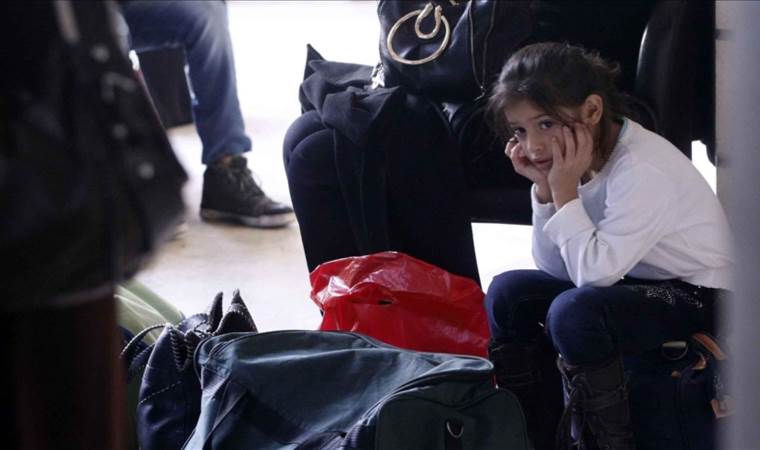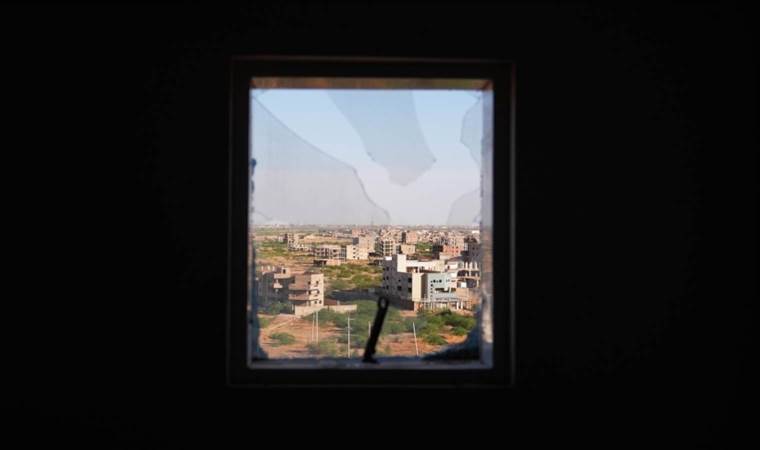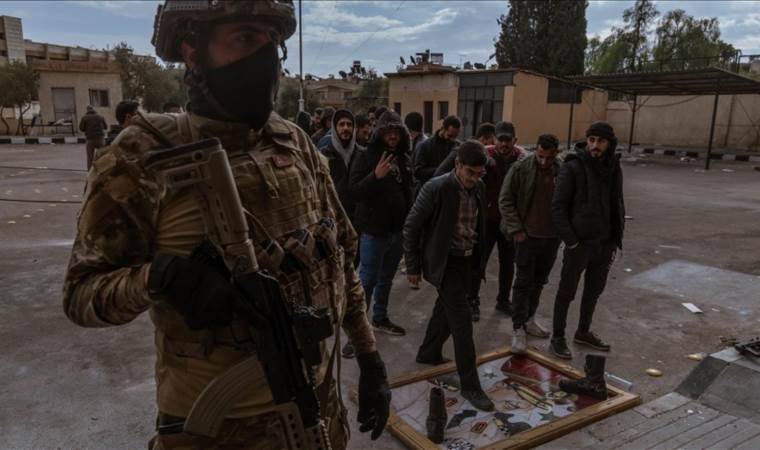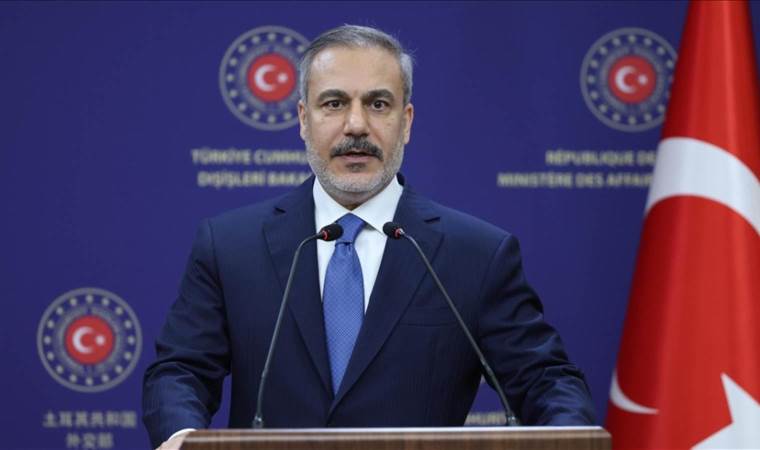Authors Columns of the Day Sport Guest Life All Authors
What’s Happening in Germany?
The excitement is palpable in the nearby cities. While sports commentators debate whether host Germany or the young and passionate Spain will win, this article focuses on the “living conditions in Germany in 2024.”
Germans have been introduced to rising costs of living, though not as drastically as some other places. While inflation is around 75% according to TÜİK (and 122% on the streets) in Turkiye, it has impacted Germany by only 2.2%. This is evident in fuel prices. The service sector, including food and beverages, has increased prices above the inflation rate. However, Ergün Özer, an attorney I met at the Steinberger Hotel, believes that the rise in accommodation and street prices is a temporary effect of the football matches: "Prices will drop once the games are over."
Market and grocery prices seemed similar to last year, possibly because hyperinflation has numbed our perception. For example, a kilogram of beef costs 7-11 euros. Italian and Swiss cheeses, which cost around 1000 liras in Turkiye, are 11-12 euros. I noticed Turkish products at Rewe, a relatively expensive supermarket. Tadım brand sunflower seeds cost 14.60 euros per kilogram, compared to 650-700 liras in Turkiye. Seeing tomatoes priced at 0.95 euros per kilogram, while they cost 45 liras in Turkiye during summer, was disheartening. Even more disheartening was the mandatory sunscreen for health being sold at 4-5 euros. The same brand costs 750 liras in Turkiye. I won’t even mention clothing! Famous German and American sports shoes are on sale for 45-50 euros, a third of the price in Turkiye. It would have been insightful if Labor Minister Prof. Dr. Vedat Işıkhan, whom we encountered at Düsseldorf Airport, had checked the prices at the market while waiting for his flight. At least then, he might not hesitate when increasing wages for retirees and workers.
Walking through the streets of Düsseldorf and Dortmund, it's clear that Germany doesn't have a significant immigrant problem. In contrast, we are accustomed to 6-7 out of 10 people in Istanbul being Syrian, Afghan, or Iranian. Germany is not under such an uncontrolled immigrant influx. They are absent from malls and markets. When I asked, "Where are they?" businessman Turabi Yıldız explained, "They either work in designated areas with provided documents or stay in immigration centers."
I also asked friends about the living conditions and the potential impact of immigration issues on the European Parliament elections, particularly the rise of the far-right Alternative for Germany (AfD). In past years, those who voted for the AKP in Turkiye and supported Angela Merkel’s CDU/CSU alliance in Germany have now turned to the AfD. Their reasons are the high cost of living and concerns that new immigrants will disrupt the order. Although the CDU/CSU remains the leading party, the rise of the far-right is a response to the SPD and other left-leaning parties' immigration policies amid 2.2% inflation. The common demand among German-born citizens, whether of Turkish, Serbian, or African descent, is to maintain their standard of living. They blame the policy of granting citizenship to everyone for the high cost of living, knowing that uncontrolled immigration could turn Düsseldorf or Dortmund into Istanbul.
Ekrem İmamoğlu in Germany
İBB President Ekrem İmamoğlu was also in Germany. He drew attention not only from Turks but also from Germans during the matches. After meetings with ministers and mayors and signing the "Hızray" agreement, he addressed the issue of immigrants upon returning to Turkiye. Perhaps he sensed the German approach or had discussions with officials; he mentioned the number of refugees living in Istanbul: "2 million." Even though the state announced it as 1.053 million, İmamoğlu holds daily water and public transportation usage reports from İSKİ and IETT. In fact, İmamoğlu is being lenient, as Istanbul’s daily population fluctuates between 22 and 23 million!
Tax Issues
Tax matters are also on the agenda. However, as a society, we are fixated on the proposal to raise the departure fee from 150 TL to 3,000 TL. The Ministry of Finance may back down; they likely presented a drastic option to make us accept a less severe one. Unfortunately, we overlooked the upcoming VAT increases on fertilizers and seeds, wealth taxes, and the forgiven tax debts of the favored five, fixating instead on the departure fee. If CHP's shadow finance minister Prof. Dr. Yalçın Karatepe hadn’t reminded Finance Minister Şimşek of these critical issues on Monday, we wouldn’t have even noticed the Deli Dumrul practices! Although the party leader Özgür Özel stated, "There was no common language," at least it became clear who intends to protect the citizens.
Yazarın Son Yazıları All Columns
Günün Köşe Yazıları
Most Read News
-
 Recent Russian strikes on Kyiv were 'not necessary,' say
Recent Russian strikes on Kyiv were 'not necessary,' say
-
 Germany offers Syrians up to $4,555 to return home
Germany offers Syrians up to $4,555 to return home
-
 Despite stated ban, Spain continues to buy arms from Isr
Despite stated ban, Spain continues to buy arms from Isr
-
 China denies having talks with US on tariffs
China denies having talks with US on tariffs
-
 60 militants from paramilitary RSF killed in North Darfu
60 militants from paramilitary RSF killed in North Darfu
-
 Nearly half of Americans now live with dangerous air qua
Nearly half of Americans now live with dangerous air qua
-
 Zelenskyy partially cancels South Africa visit in wake o
Zelenskyy partially cancels South Africa visit in wake o
-
 Britain lifts sanctions against Syrian defense, interior
Britain lifts sanctions against Syrian defense, interior
-
 Pakistan says any Indian attempt to divert, stop flow of
Pakistan says any Indian attempt to divert, stop flow of
-
 Turkic world will continue to stand by Turkish Cypriots,
Turkic world will continue to stand by Turkish Cypriots,











